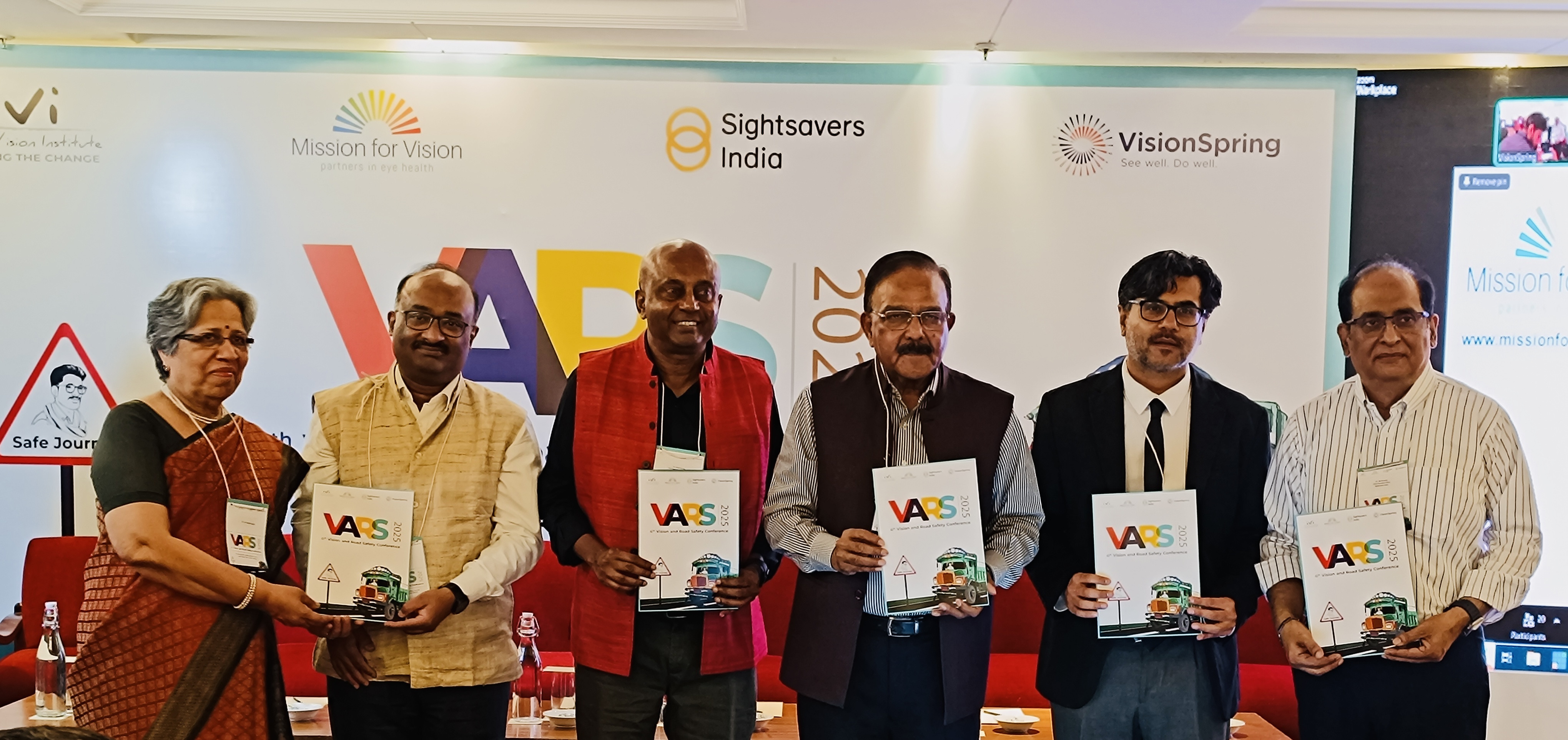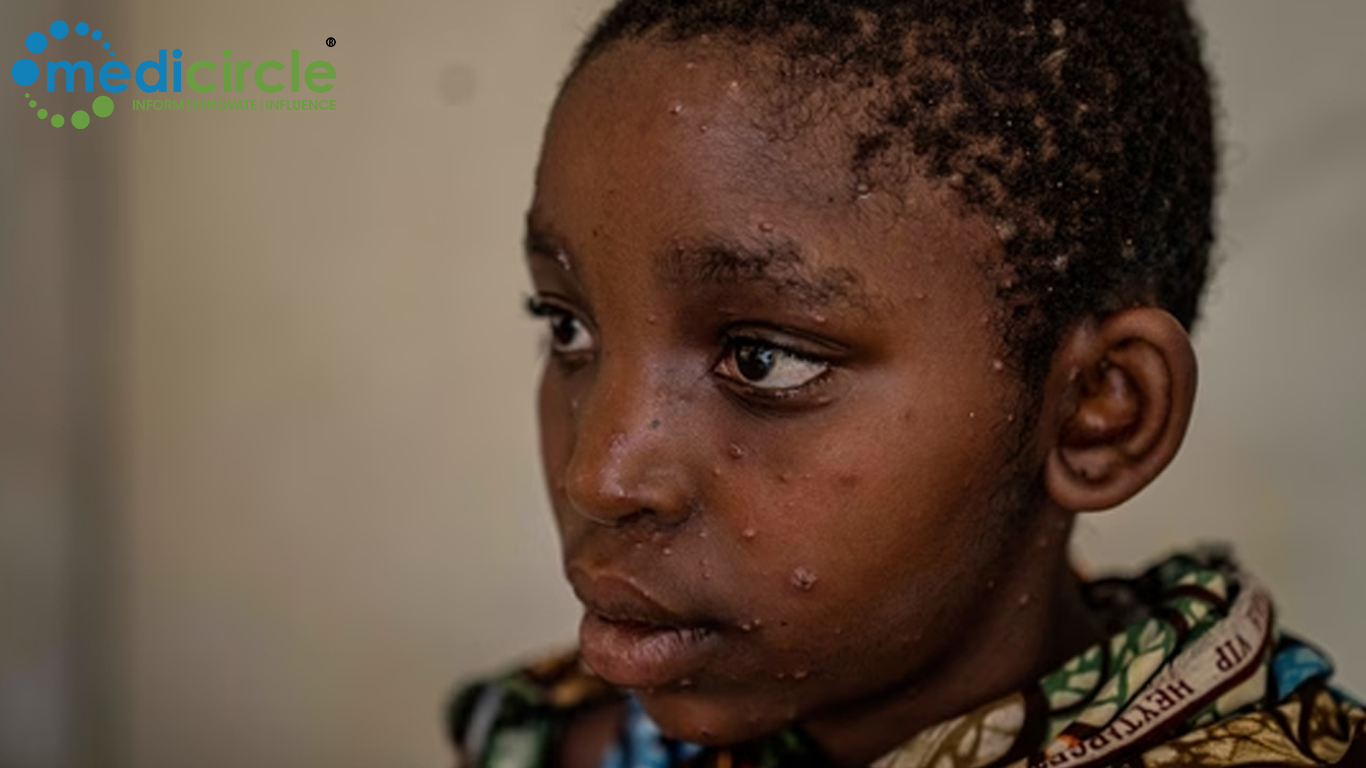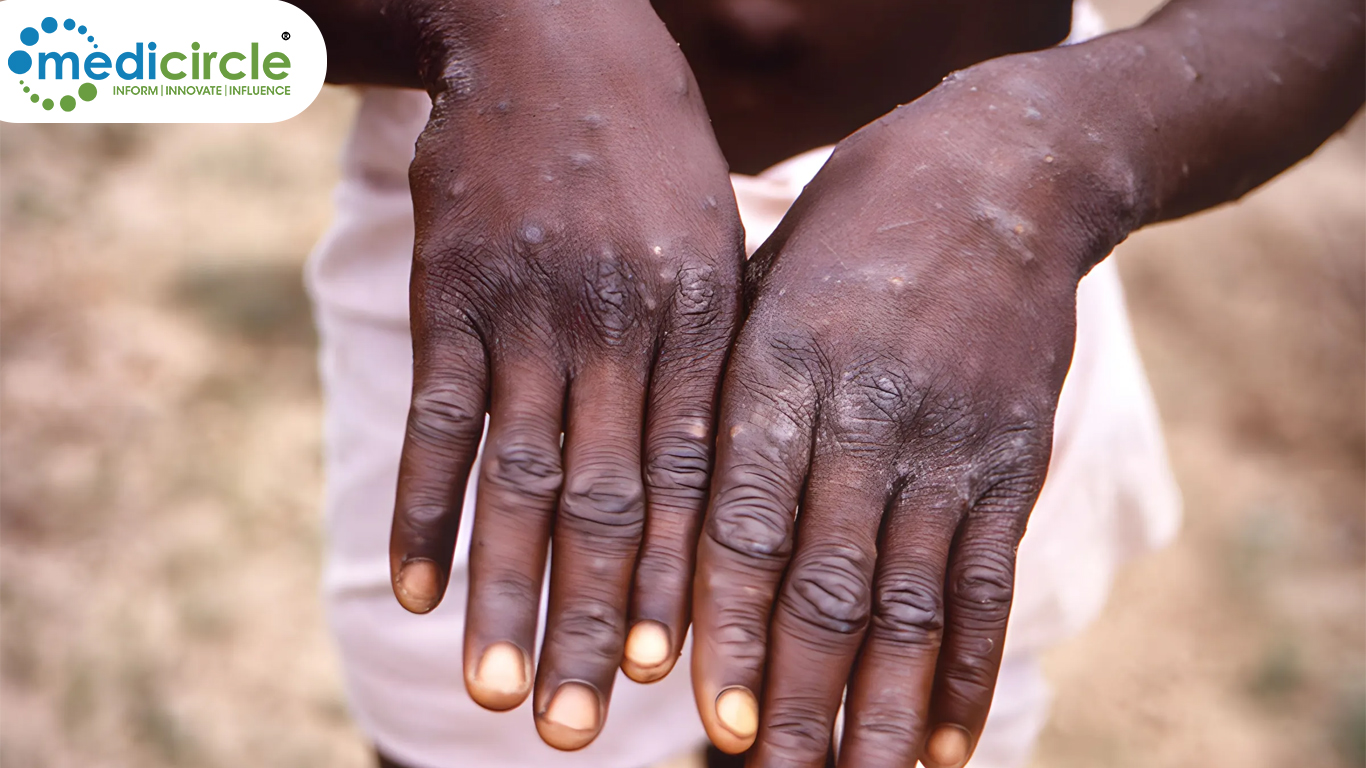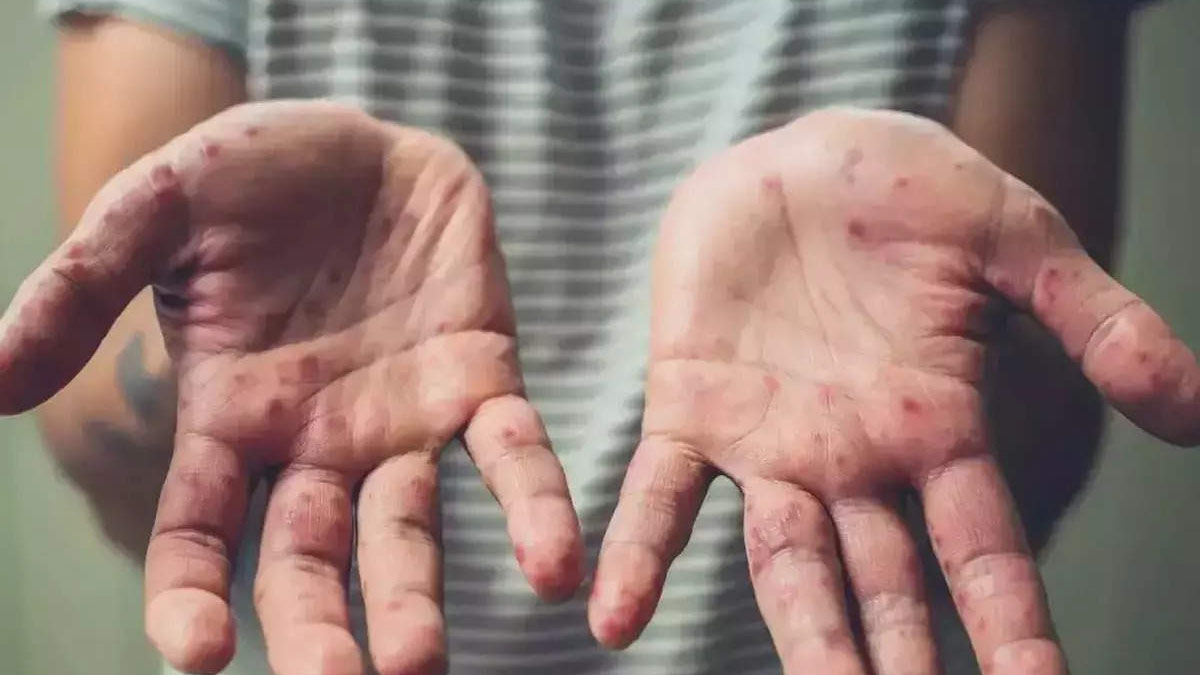As schools worldwide struggle with reopening, the latest data from the WHO/UNICEF Joint Monitoring Programme (JMP) reveal that 43 per cent of schools around the world lacked access to basic handwashing with soap and water in 2019 – a key condition for schools to be able to operate safely in the midst of the COVID-19 pandemic.
“Global school closures since the onset of the COVID-19 pandemic have presented an unprecedented challenge to children’s education and wellbeing,” said Henrietta Fore, UNICEF Executive Director. “We must prioritize children’s learning. This means making sure that schools are safe to reopen – including with access to hand hygiene, clean drinking water and safe sanitation.”
According to the report, around 818 million children lack basic handwashing facilities at their schools, which puts them at increased risk of COVID-19 and other transmittable diseases. More than one third of these children (295 million) are from sub-Saharan Africa. In the least developed countries, 7 out of 10 schools lack basic handwashing facilities and half of schools lack basic sanitation and water services.
The report stresses that governments seeking to control the spread of COVID-19 must balance the need for implementation of public health measures versus the associated social and economic impacts of lockdown measures. Evidence of the negative impacts of prolonged school closures on children’s safety, wellbeing and learning are well-documented, the report says.
“Access to water, sanitation and hygiene services is essential for effective infection prevention and control in all settings, including schools," said Dr Tedros Adhanom Ghebreyesus, WHO Director-General. "It must be a major focus of government strategies for the safe reopening and operation of schools during the ongoing COVID-19 global pandemic.”
Other key findings from the report include:
Of the 818 million children who lacked a basic handwashing service at their school, 355 million went to schools which had facilities with water but no soap, and 462 million to schools which had no facilities or water available for handwashing.
In the 60 countries at highest risk of health and humanitarian crises due to COVID-19, 3 in 4 children lacked basic handwashing service at their school at the start of the outbreak; half of all children lacked basic water service; and more than half lacked basic sanitation service.
1 in 3 schools worldwide had either limited drinking water service or no drinking water service at all.
698 million children lacked basic sanitation service at their school.
The report identifies several resources necessary for COVID-19 prevention and control in schools, including 10 immediate actions and safety checklists. It builds on guidelines on the safe reopening of schools issued by UNESCO, UNICEF, WFP and the World Bank with practical advice for national and local authorities on how to prepare for safe school reopening and keep children safe when they return to school. The guidelines include several WASH-related protocols on hygiene measures, use of personal protective equipment, cleaning and disinfection, as well as providing access to clean water, handwashing stations with soap, and safe toilets.
UNICEF and WHO are committed to achieving equitable access to adequate WASH services worldwide. The agencies recently launched a joint initiative, Hand Hygiene for All, to support the most vulnerable communities with the means to protect their health and environment. It brings together international partners, national governments, public and private sectors, and civil society to ensure affordable products and services are available, especially in disadvantaged areas.

 Basic hand washing facilities at schools could have curbed COVID-19 pandemic reports UNICEF and WHO
Basic hand washing facilities at schools could have curbed COVID-19 pandemic reports UNICEF and WHO







.png)

.png)










.jpeg)

.jpeg)










.jpg)




.jpg)

